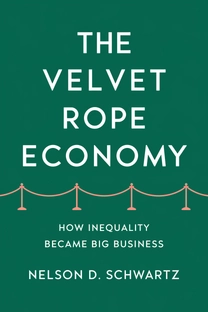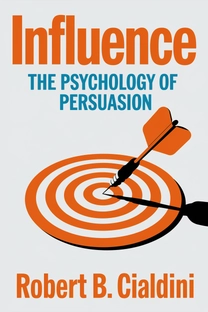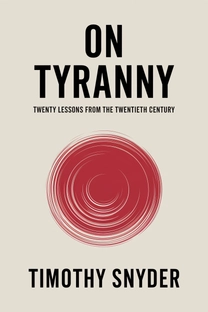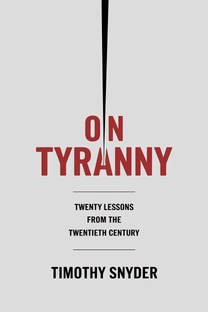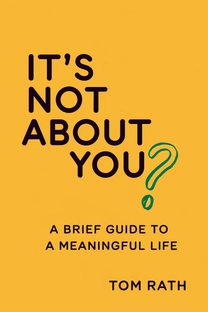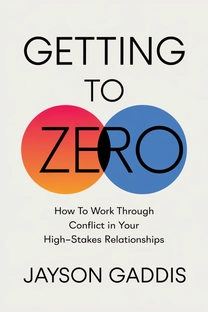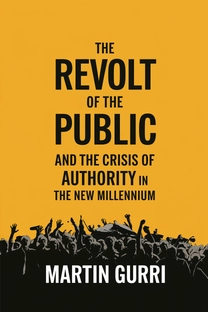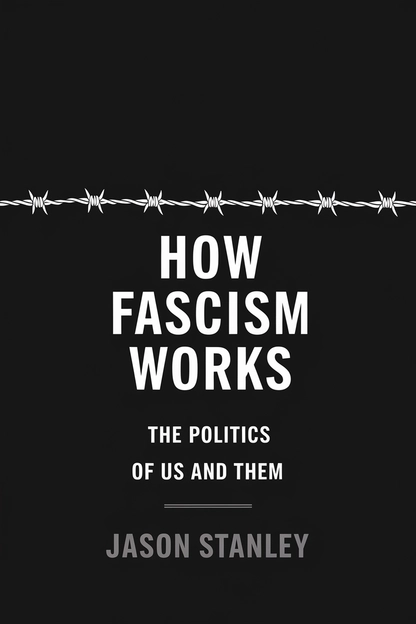
How Fascism Works
The Politics of Us and Them
by Jason Stanley
Brief overview
This book explores how certain political strategies can erode democracy by casting groups as enemies and appealing to fears of societal collapse. It offers insight into the recurring patterns that perpetuate scapegoating and division, revealing how distortions of history, social myths, and resentment can sustain destructive forms of power. By tracing these familiar yet alarming tactics, readers can better recognize the warning signs of an authoritarian turn.
Introduction
Imagine living in a time when national pride dominates public life, and every difference is cast as a looming threat. Leaders promise to restore a *lost glory*, rallying people around a vision of purity and strength. Yet beneath the grand speeches, something unsettling takes hold: the gradual erosion of critical thinking and basic empathy.
This overview of fascist politics reveals how certain political forces use targeted myths, manipulation, and fear to seize and retain power. By examining these common tactics, we can learn to spot early danger signs before they jeopardize our rights and values.
The chapters ahead discuss how fascist rhetoric manipulates history, inflates a sense of victimhood, and appeals to our insecurities around safety or tradition. These insights are not just abstract theory; they serve as practical warnings for any society committed to liberty and equality.
Nostalgia for a Glorious Past
A common move is to point to a supposedly *perfect era* when the nation was pure, strong, and united. This mythic past is offered like a beacon, promising security and grandeur if only citizens trust the leader to reclaim it.
But these accounts of history often erase troubling facts—from brutal repression of minorities to unjust social hierarchies. By ignoring what really happened, this rose-colored narrative simplifies the future: any opposition to the leader becomes an attack on the nation's core identity.
In reality, societies evolve through both triumphs and failures. Pretending everything was once flawless fosters hatred of those who allegedly “stole” that greatness. The past thus becomes a political weapon, dividing citizens into *patriots* and *subversives*.
What is How Fascism Works about?
"How Fascism Works: The Politics of Us and Them" by Jason Stanley is a poignant exploration of the insidious political strategies that gradually erode democracy by exploiting social fears and division. Stanley illuminates how certain elements distort history and propagate myths of national purity to maintain power, weaving a compelling narrative that dissects the dismantling of democratic values. Through methodical research, the book reveals the unsettling truth: Every society is susceptible to authoritarian tendencies masked as nationalistic pride.
The book underscores the impact of fear-based rhetoric and the pressing need for vigilance by tracing recurring authoritarian signals. Through its analysis, Stanley provides readers with not only the historical context but also practical applications for identifying and resisting manipulative political behaviors in today’s world. It stands as a necessary read for those seeking a deeper understanding of how democratic ideals can be subverted and the role individuals can play in preserving them.
Review of How Fascism Works
Jason Stanley’s "How Fascism Works" commands attention with its incisive examination of the creeping normalization of authoritarian tactics found even in contemporary democracies. The book’s strengths lie in its ability to distill complex social constructs down to accessible insights, fostering a rich understanding of how societal fractures can be exploited for political gain. Stanley highlights the disturbing ease with which truth is undermined by conspiracy theories, echoing concerns of many who fear the societal impact of false narratives.
The practicality of this book is in its mapping of potential resilience strategies against divisive politics. Stanley’s approach is both enlightening and empowering, offering crucial tools for fostering community solidarity and vigilance. Furthermore, Stanley's writing carries a clarity that is both scholarly and engaging, making even intricate concepts of political theory relatable to a broad readership. The emphasis on history not only grounds the narrative but presents an opportunity for civic learning that transcends timelines.
This book is indispensable for understanding the threat posed by authoritarian rhetoric masked as patriotism. Stanley urges his readers: Prepare and be aware, as fascism’s subtlety lies in its appropriation of familiar societal structures. His work stands as a testament to the urgency of recognizing and confronting the use of fear as a political tool. "How Fascism Works" is a compelling read that challenges us to uphold the values of equality and morality in the face of those who would divide us. A must-read for any engaged citizen who seeks to navigate our complex political landscape intelligently and thoughtfully.
Who should read How Fascism Works?
- Political Science Students
- Civic Educators
- Journalists and Media Analysts
- Public Policy Makers
- Human Rights Activists
About the author
Book summaries like How Fascism Works
Why readers love Mindleap
10-Minute Book Insights
Get the core ideas from the world's best books in just 10 minutes of reading or listening.
Curated For You
Discover your next favorite book with personalized recommendations based on your interests.
AI Book ExpertNew
Chat with our AI to help find the best book for you and your goals.
Reviews of MindLeap
Love how I can get the key ideas from books in just 15 minutes! Perfect for my busy schedule and helps me decide which books to read in full.
Alex R.
The summaries are incredibly well-written and the audio feature is perfect for my commute. Such a time-saver!
Jessica M.
Great app for personal growth. The insights are clear and actionable, and I love how they capture the essence of each book.
Chris P.
The app is beautifully designed and the summaries are top-notch. Definitely worth every penny!
Sarah K.


